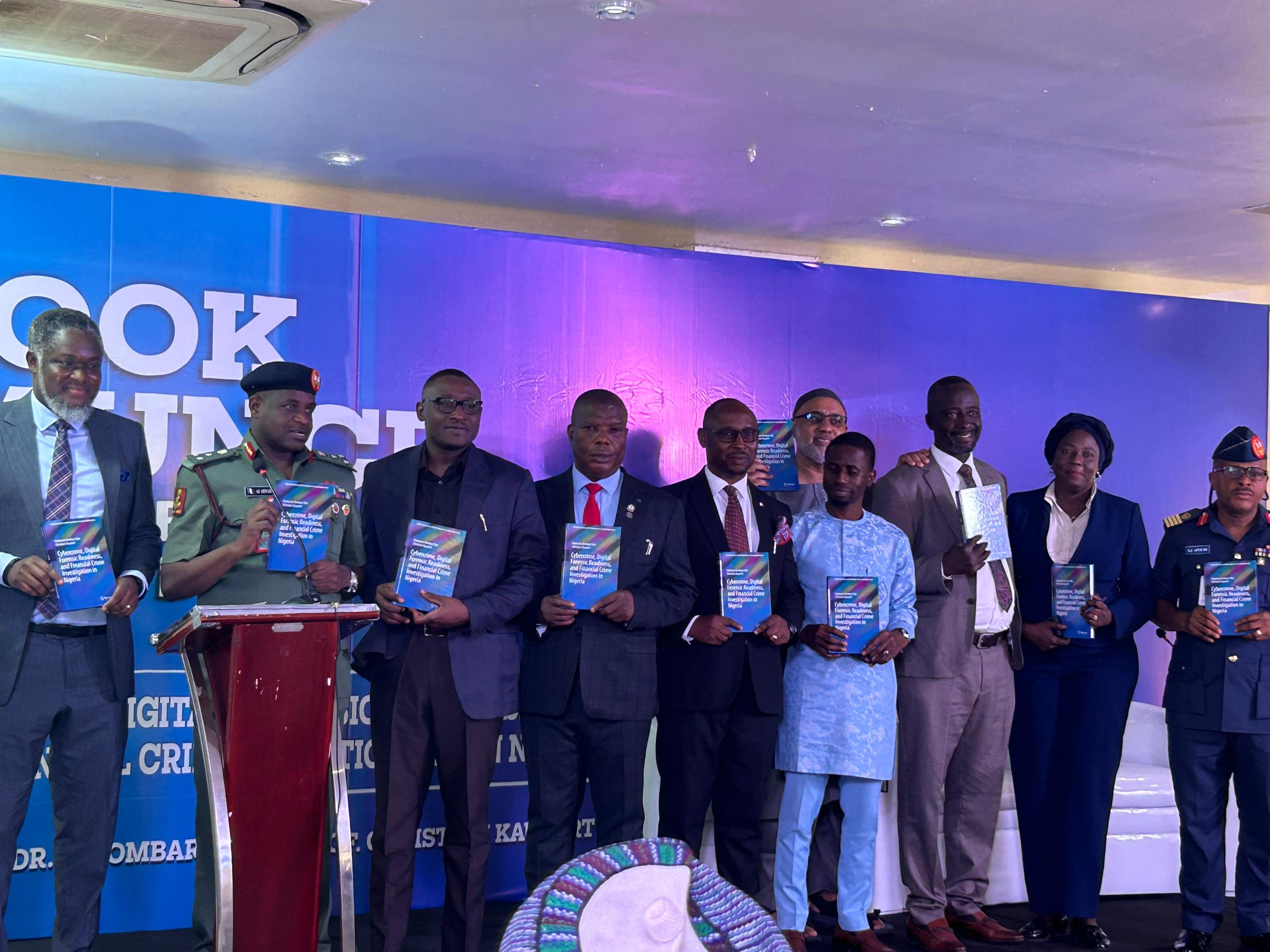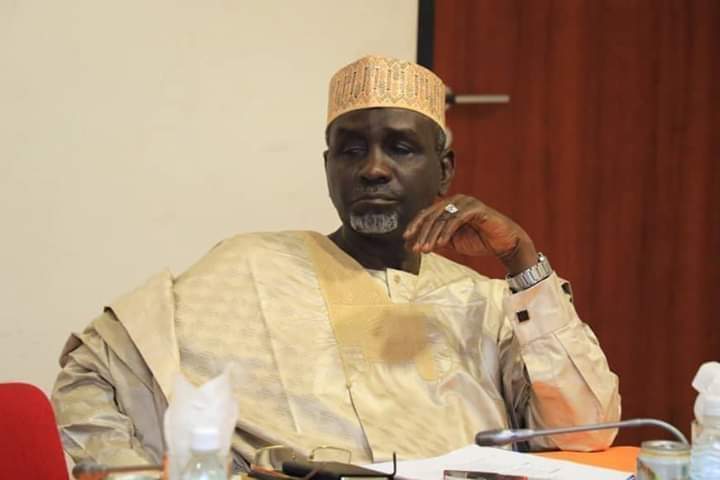Sulaiman-Ibrahim said Tombari Sibe and Christian Kaunert, authors of ‘Cybercrime, Digital Forensic Readiness, and Financial Crime Investigation in Nigeria’, are to provide inputs on cybersecurity frameworks for the Nigeria Police Force (NPF).
Imaan Sulaiman-Ibrahim, the minister of state for police affairs, says the ministry will involve cybersecurity experts in developing a national police policy.
She said the ministry is focused on driving police reforms through the integration of advanced technologies.
Advertisement
“The ministry is championing the development of the police reform programme,” the minister said.
“And as part of that programme, one of the key pillars is strengthening the technical and operational efficiency of the NPF.
“Under that pillar, adopting technology is crucial, and it is one of the pathways being pursued.
Advertisement
“Beyond identifying potential opportunities for enhancing resource provision, efforts are also focused on exploring public-private partnership options to support this component.
“Another significant element is the development of a national policing policy, with the committee currently being formed.
“We will extend an invitation to Dr. Sibe and Professor Kaunert to join the committee, particularly in the section focusing on cybersecurity and technology adoption within the NPF.
“The aim is to establish a framework for technology integration, avoiding isolated systems that are difficult to connect and ensuring smooth interoperability.
Advertisement
“The goal is to create a policy that guarantees the sustainability of these technological efforts.
“In line with the focus on technology adoption, the ministry of police affairs is also working to strengthen the command and control centre.”
Sulaiman-Ibrahim said a data-fusion centre is under development, alongside other technologies aimed at consolidating all criminal data within the police ecosystem.
She noted that the ministry is partnering with the National Security Agency (NSA), the military, the ministry of interior, the Economic and Financial Crimes Commission (EFCC), the Nigerian Financial Intelligence Unit (NFIU), and other relevant stakeholders.
Advertisement
“So there is cross-collaboration; there is a handshake. It is difficult for someone to commit a crime in one community and travel to another without being identified,” she said.
“Cybersecurity is a major challenge, and we have the national cyber security centre, which is undergoing improvements to enhance its capabilities.
Advertisement
“Even across the West African region and sub-Saharan Africa, there is a handshake among policing cybersecurity institutions to strengthen the impact and foster collaboration with Interpol.
“It is timely and helpful, and we look forward to leveraging this critical resource to strengthen our national policing policy.”
Advertisement
Speaking about their book, Sibe said it addresses Nigeria’s unique challenges and presents a comprehensive plan for forensic readiness, filling a critical gap in the country’s cybersecurity infrastructure.
“Most often, we look at human forensic capabilities only from a budgetary perspective—how much do we have in the budget? How much can we plan for building this registry? But we often don’t take a long-term view in terms of building financial readiness, operational readiness, or any other kind of readiness we need,” the author said.
Advertisement
“A key outcome of this study is to establish a clear, articulated roadmap for building forensic readiness.
“Another important contribution is identifying knowledge, skill gaps, and training needs.
“We spoke to some of the top cybercrime investigators in this country, and special thanks go to the agencies that contributed. This allowed us to pinpoint the specific gaps that need to be filled.”
He added that the book also discusses cryptocurrency, artificial intelligence, and blockchain, shedding light on the challenges and opportunities these technologies present for law enforcement.
Add a comment












